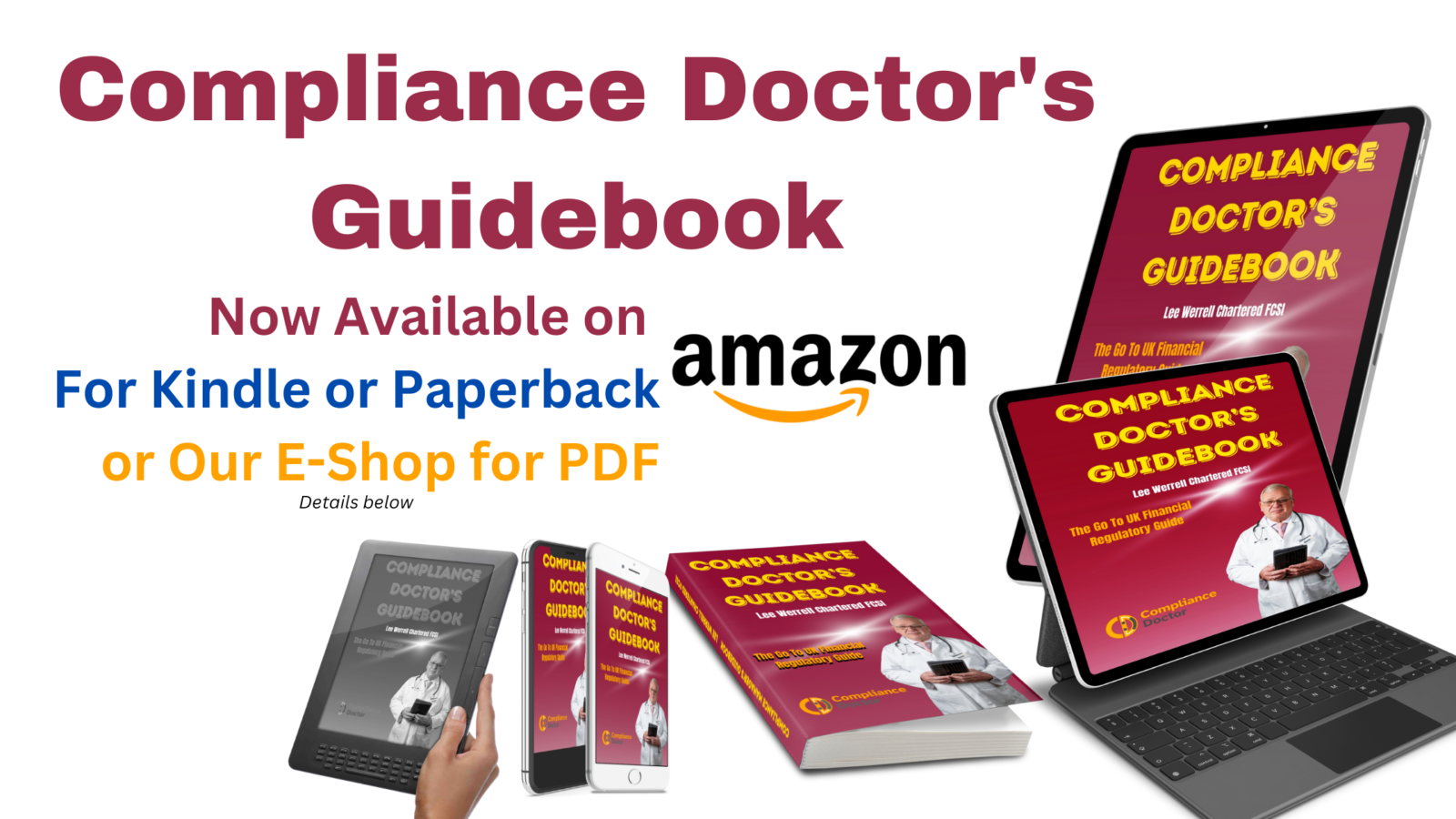
See Why People Trust Us To Get The Job Done!


Comprehensive Guide to FCA Complaint Handling Rules and the Financial Ombudsman Service (FOS)
Introduction to FCA Complaint Handling
In the competitive landscape of financial services regulation, the importance of effective complaint handling cannot be overstated. The Financial Conduct Authority (FCA) has established clear guidelines to ensure that consumer complaints are managed fairly and efficiently. This guide explores the key aspects of FCA complaint handling rules as articulated in the FCA Handbook, reflecting on the implications for firms and consumers alike.
Defining a Complaint in the FCA Context
According to the FCA complaint handling rules, a complaint is classified as an expression of dissatisfaction—either oral or written—regarding the provision or failure to provide a financial service. Such complaints may allege the following:
- Financial Loss: The claimant asserts that they have incurred direct financial harm due to the actions or inactions of the firm.
- Material Distress: Emotional or psychological distress arising from the financial service issued.
- Material Inconvenience: An assertion that the service’s failings have caused significant disruption to the complainant’s life.
The Five Key Stages of Complaint Handling
The FCA mandates a structured approach to complaint management, encapsulated in the five key stages outlined below:
- Identifying a Complaint: Firms must ensure that they are adept at identifying complaints in all forms, ensuring that no consumer expression of dissatisfaction goes unrecognised.
- Recording a Complaint: Documentation is paramount. A robust complaints record must be maintained to facilitate further action and compliance with regulatory requirements.
- Internal Reporting of a Complaint: Firms should have clear protocols for internally reporting complaints, ensuring that the necessary stakeholders are informed swiftly.
- Provision of Redress: Should a complaint be substantiated, appropriate redress must be offered to the customer, reflecting the nature of the complaint and the resulting impact.
- Carrying Out Root Cause Analysis: Beyond merely addressing individual complaints, firms must strive to identify and rectify systemic issues to prevent recurrence.
Structure of the FCA Handbook: DISP
The FCA Handbook’s DISP (Dispute Resolution: Complaints) chapter outlines the necessary rules for handling complaints. It comprises three main segments:
1. Treating Complainants Fairly
This section mandates that all complaints be handled equitably and without bias, ensuring that every complainant receives fair treatment throughout the process.
2. Jurisdiction of the Financial Ombudsman Service
This provides clarity on the operational scope of the Financial Ombudsman Service (FOS), detailing which complaints can be escalated to them, thus emphasising the right of consumers to seek external adjudication when internal processes fail.
3. Complaint Handling Procedures of the Financial Ombudsman Service
This outlines how the FOS operates, including timescales for responses and the kind of resolutions they can facilitate.
Special Considerations for Different Firms
Firms must navigate the DISP rules according to their specific categorisation and business type. For instance, management companies operating under UCITS may face different standards due to the nature of their operations. It is essential for firms to understand that the absence of eligible complainants does not absolve them of the responsibility to adhere to FCA complaint handling procedures.
Role of the Financial Ombudsman Service
The FOS acts as an impartial adjudicator for consumer complaints linked to the financial sphere. The external oversight it provides is vital for maintaining consumer trust. If a firm fails to resolve a complaint satisfactorily within eight weeks, consumers have the right to escalate their issue to the FOS. The decision rendered by the FOS is binding upon the firm, which must comply with any corrective actions and potential financial redress, currently capped at £415,000.
Changes to Compensation Limits
Recent adjustments have been made to the compensation limits by the FOS, reflecting the evolving nature of financial services and their impact on consumers. This increase, which will rise to £430,000 on 1 April 2024, indicates a tangible commitment to enhancing consumer protection in the face of financial disputes.
Building a Robust Complaints Handling Framework
To cultivate a culture of compliance and respect for consumer rights, firms must establish:
- Comprehensive Internal Policies: These should outline how complaints are managed at every stage, integrating FCA regulations and best practices.
- Employee Training: Continuous training ensures that all staff are familiar with the procedures and the importance of treating complaints as opportunities for improvement.
- Regular Review and Adaptation: Firms should routinely assess their complaint handling processes and adjust them based on consumer feedback and regulatory changes.
Conclusion
Understanding and implementing the FCA complaint handling rules is essential for maintaining high standards of service in the financial industry. By adhering to the outlined processes—and recognising the pivotal role of the FOS—firms can not only mitigate risks of regulatory breaches but also foster a more loyal customer base through effective resolution of grievances. We encourage firms to prioritise this aspect of their operations to enhance both compliance and consumer satisfaction.
For further assistance in developing or reviewing your governance, risk, or compliance strategy, please contact us directly.
If you need to create, review or execute your Governance. Risk or Compliance strategy, call us today on
0800 689 0190 or email info@complianceconsultant.org

Thoughts on Organisational Charts
Regulatory Complaint Handling & The FCA
Compliance Annual Reporting Requirement
The Importance of Good Management Information (MI)
Directors and/or Partners Responsibilities and Further Training
Compliant Financial Promotions – Advertising
Governance Risk & Compliance Frameworks




